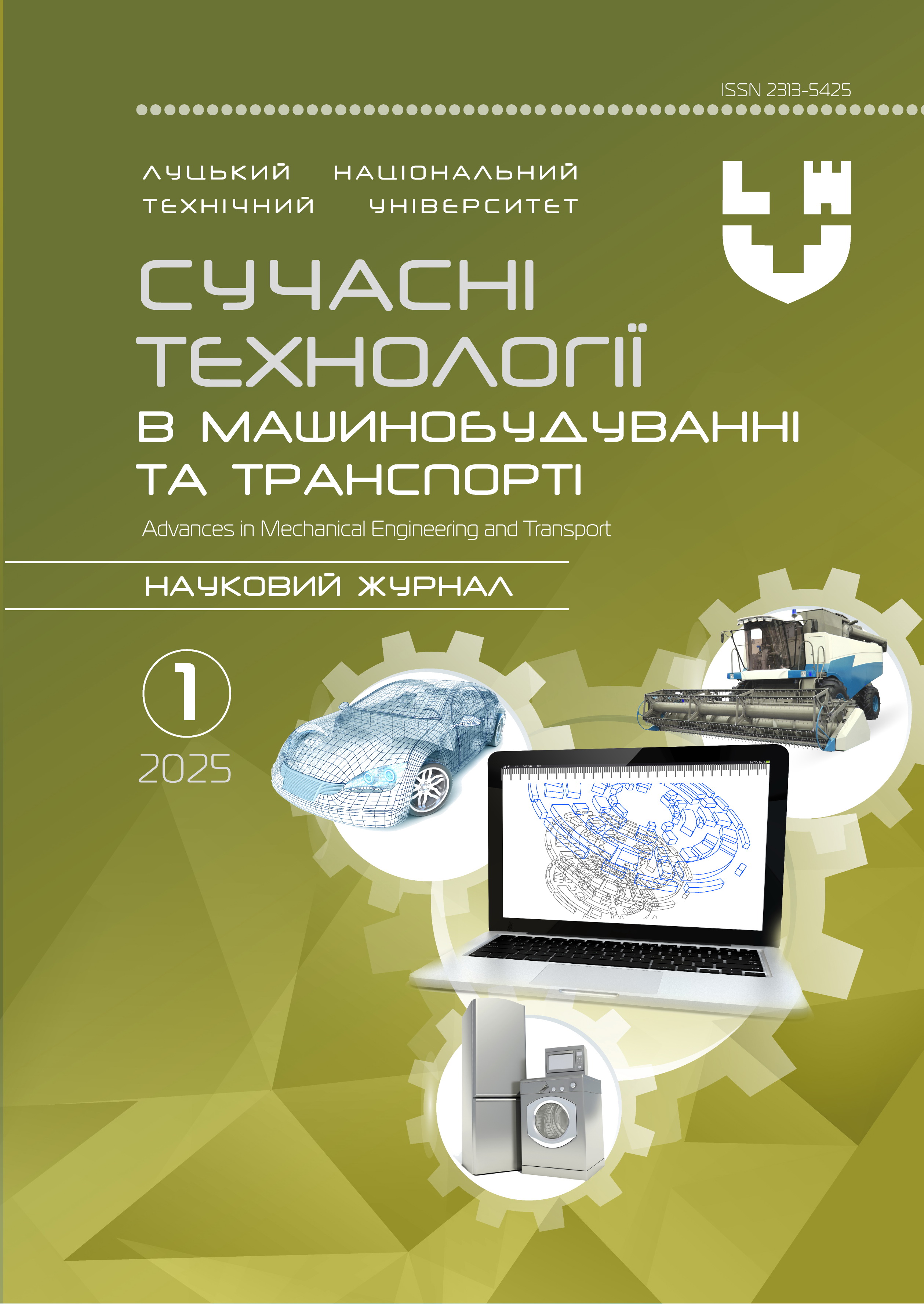Енерго-економічні результати використання методу зниження втрат енергії пересувних дизельних компресорних станцій шляхом додаткового охолодження стиснених газів
DOI:
https://doi.org/10.36910/automash.v1i24.1706Анотація
У статті проведено експериментальні дослідження використання додаткових фреонових систем охолодження замість водяних систем, що дозволяє в 2-3 рази знизити питому витрату охолоджувача-теплоносія на один кілограм охолодженого газу. Наприклад, для компресорної установки КПУ-16/250 питома витрата теплоносія на один кілограм охолодженого газу при прокачуванні азоту для діючої системи охолодження складе 1,71 кг/кг, а для проектованої фреонової - 0,69 кг/кг; питома витрата теплоносія на один кілограм охолодженого газу при прокачуванні повітря для діючої системи охолодження складе 1,76 кг/кг, а для проектованої фреонової – 0,72 кг/кг;
При використанні для охолодження стисненого повітря додаткових фреонових систем високоефективного охолодження зі зниженням температури робочого тіла в газоохолоджувачах до -10 0С питома енергія, що споживається компресором, знижується для дизельних компресорних установок нафтогазової галузі, в середньому, на 14-17 %. Так, для компресорної установки СД-9/101М при нагнітанні азоту питома енергія, що споживається компресором, зменшується з 315,21 кДж/кг до 263,34 кДж/кг або на 16,5 %; при нагнітанні повітря питома енергія, що споживається компресором, зменшується з 320,74 кДж/кг до 275,46 кДж/кг або на 14,2 %.

